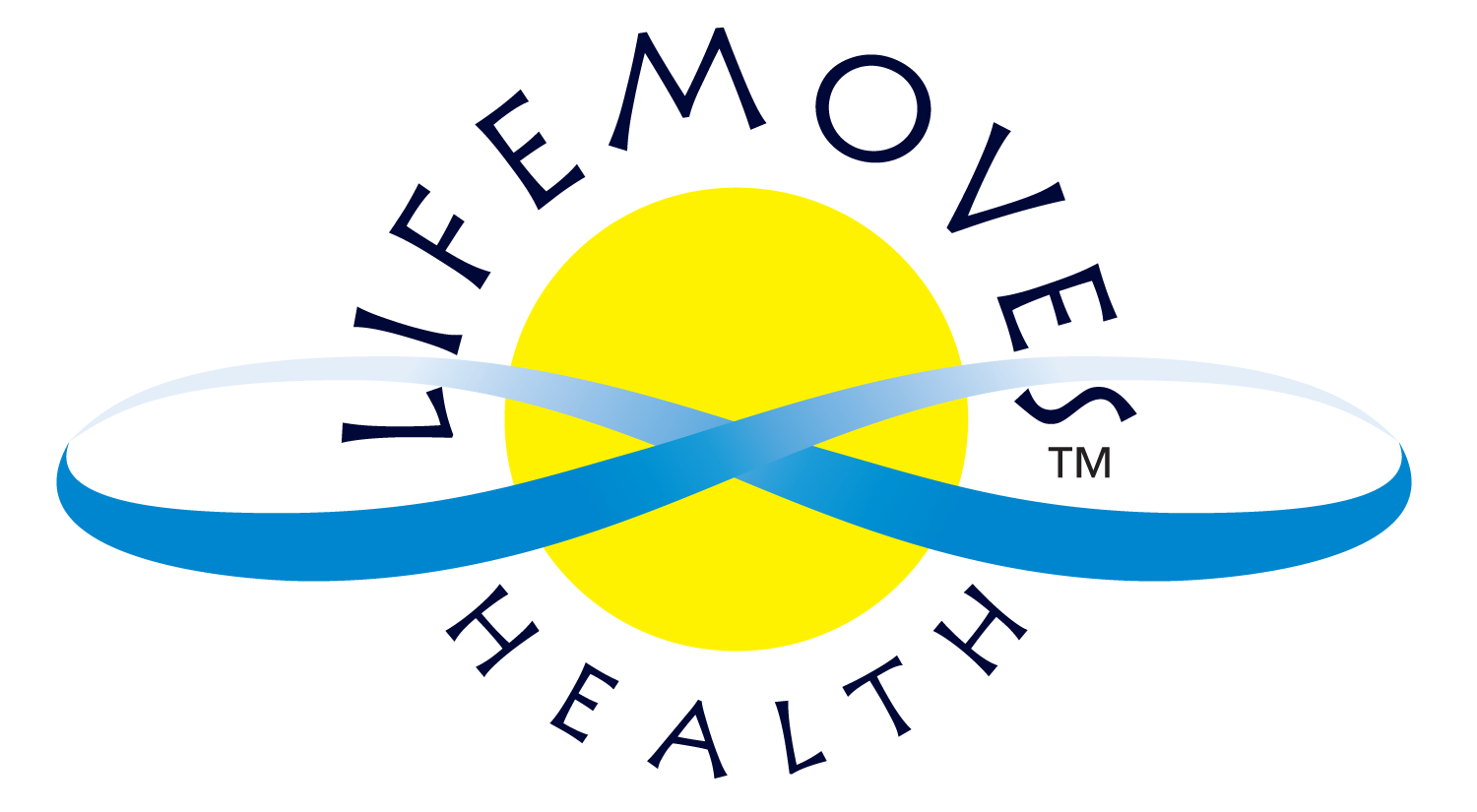Expressing Yourself Comes from Knowing Yourself
“Speak your truth.” Those three words, spoken in that sequence, get a lot of play. Therapists, coaches, best friends, well meaning strangers all dispatch this now common advice.
Speaking of speaking one’s truth, if I were to be totally honest (and now would be the time), I have to say that while at first I found the phrase empowering and profound to hear, it now strikes me as a bit overused and cliché. Some of that power is still there, but I have to wonder if the people urging us to speak our truth think that the truth is any one thing.
Speaking your truth, whatever that may be, IS a critical component to health, of this, I am convinced. Stifling something down into the shadows of ourselves leads to discord and, eventually, disease in some form or another.
But in order to speak our truth, or know who to share it with for that matter, we have to know our truth.
And that can take a lifetime. Or more.
Truth can be messy. Truth can be complex. It can include conflicting ideas and feelings and behavior. It can seem illogical. It can even be hard to fully realize or understand. Does that mean we keep our mouths shut our entire lives while we figure it out? I don’t think so. I think speaking your truth (and knowing your truth) are more of a pay-as-you-go scenario. Only by the daily practice of it, can we approach it.
How do we know our truth? The first step is to make room for the idea that to some extent, we don’t. Not always, anyway. We know what we think, and maybe, we know how we feel. Without objectivity, it’s like trying to untie a knot by looking through a 1000x magnifying glass. We’re so close up it can be a little confusing to determine what is really going on where.
Next are questions. How do I feel? Why do I think I feel that way? What is my intention, my comfort zone? Is there any aspect of this I am prone not to see or consider? Why might that be?
What is our truth? Some version of what happened, how it affects us, as experienced through the shapers of our boundaries, triggers, blind spots, comfort zones, dreams, vision of ourselves, and attachment to any of the above.
How can we speak our truth if we aren’t asking ourselves who we are in that moment?
Shakespeare said, “This above all: to thine own self be true” Ok, I don’t know if he ever said it, but he wrote it for whomever would be playing Polonius to say. Context of Hamlet aside, Shakespeare has a point.
If we want to speak our truth, discovering ourselves on a daily basis, seems the only way to be in touch enough to know what that truth is. Asking “What are my boundaries, triggers, blind spots, comfort zones, dreams, vision of myself and attachment to any of these?” “What matters to me? What moves me? How do I see the world? The day? The people in my life? Myself?”
Expressing ourselves is a personal act. We cannot be in hiding or in denial about who we are day to day, moment to moment and still expect to have a chance of being in touch with our truth. And we have to know that if we grow, our truth may evolve.
So the next time you hear (or tell yourself), “Speak your truth,” add the words “in progress,” and your open mind will thank you.

